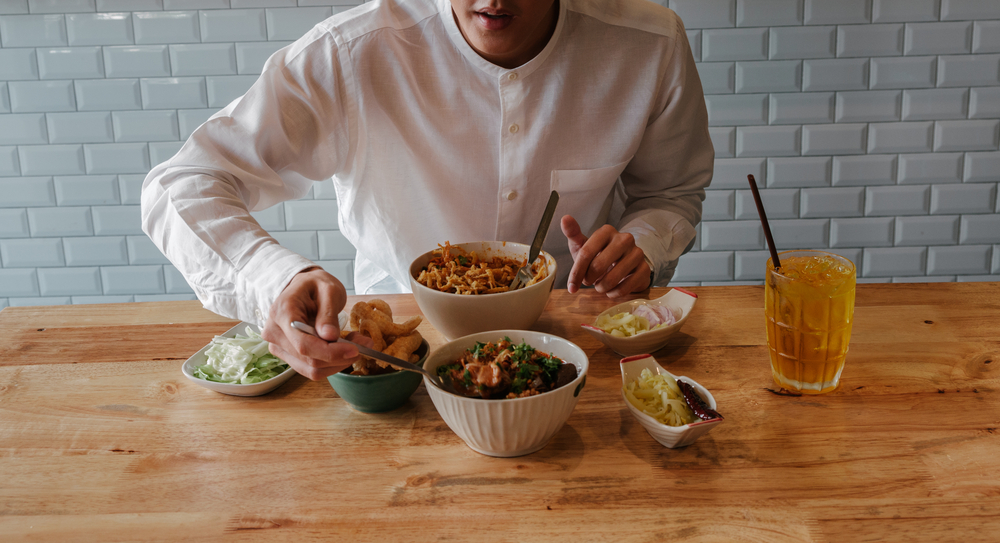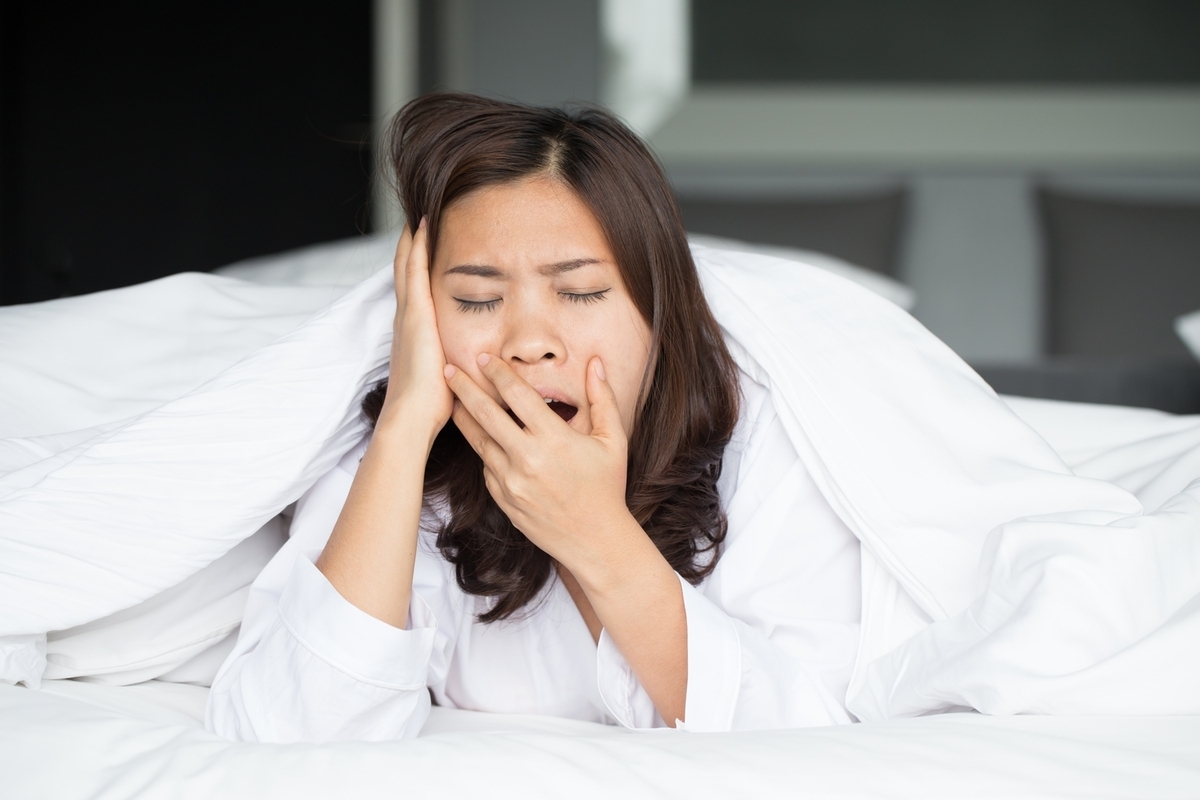Top 4 Strategies to Prevent Anxiety and Panic Attacks
Discover four effective strategies to prevent anxiety and panic attacks, including early intervention, stress management, healthy eating, and journaling. Personalized approaches help manage symptoms and improve mental well-being.
Sponsored

Anxiety and panic disorders have no single identifiable cause. These mental health conditions can be triggered by various activities or situations, which differ from person to person. While some common triggers exist, there are no universal factors responsible for anxiety. This makes personalized prevention essential. Healthcare professionals often recommend approaches tailored to specific triggers and behavioral adjustments to manage and prevent worsening symptoms.
Effective prevention methods vary, but certain techniques are beneficial for everyone experiencing anxiety or panic attacks. Here are key strategies to keep symptoms from intensifying:
Early Detection and Response
Prompt recognition and intervention significantly improve outcomes. Studies indicate that diagnosing anxiety early allows for more successful management. For instance, research highlighted that preschool children who received early parental support and intervention showed marked improvement in anxiety symptoms. Recognizing signs early in both children and adults leads to more effective treatment and prevents the escalation of anxiety or panic episodes.
Managing Stress Levels
Reducing stress is crucial in preventing anxiety crises. Stress often acts as a trigger for many individuals. When possible, minimizing stressors is ideal; however, adopting stress-relief tactics can be equally effective. Regular exercise, such as walking, yoga, or gym workouts, can significantly help in relieving stress. Taking time off for vacations or relaxing activities can also be beneficial.
Healthy Eating Habits
A balanced diet supports both mental and physical health. While it may seem unrelated, poor nutrition can exacerbate anxiety symptoms. Focus on meal timing—large breakfasts and lighter dinners—and incorporate more fruits into your diet. Avoid substances that can worsen anxiety, such as caffeine, alcohol, nicotine, and recreational drugs. If you struggle to quit these, consult a healthcare professional or join a support group for assistance.
Journaling Your Feelings
When experiencing anxiety or panic, writing down your feelings can be incredibly helpful, especially when alone. Keeping a journal helps track patterns and identify triggers. Sharing your notes with a healthcare provider provides valuable insights for treatment. Additionally, journaling fosters self-understanding and emotional release, which can alleviate anxiety. During moments when talking isn’t possible, writing serves as a private way to process emotions and regain control.






